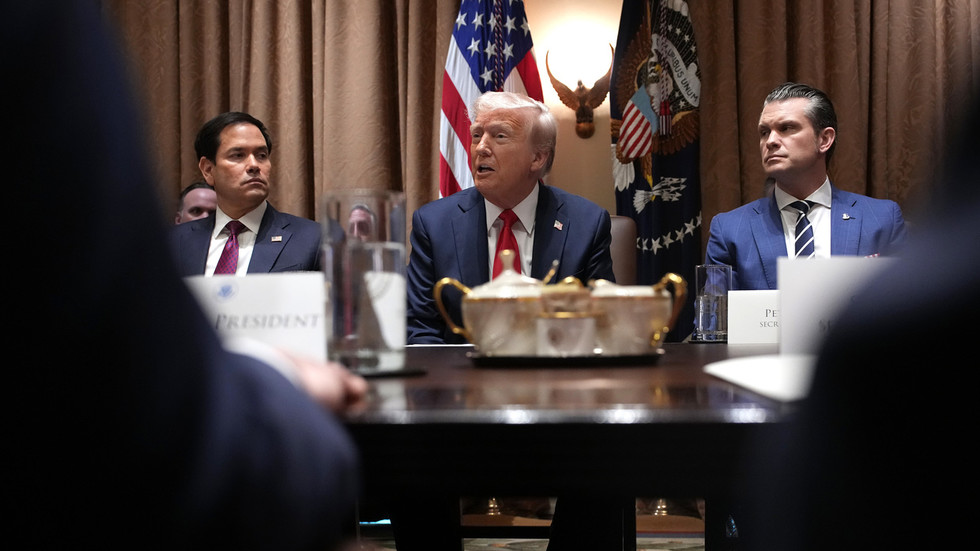Officials believe that even the US president’s closest aides do not have decision-making power, the report says
European officials are seeking to establish a “direct line” of communication with US President Donald Trump, unsure whether his team can make any real decisions or is willing to cooperate at all, the New York Times reported on Thursday, citing sources.
The report, based on interviews with numerous unnamed European officials, describes the US president as “the ultimate decision maker” who is often difficult to predict, making the goal of getting Trump’s ear a priority for the Europeans.
Many top-level negotiators in European NATO countries have found traditional diplomatic channels – such as the State Department and embassies – ineffective, the report said. The confusion is compounded by the fact that the most effective interlocutors on the US side are not career diplomats but rather trusted special envoys and advisers, such as Elon Musk and Steve Witkoff, the article said.
The officials also told the NYT that their US counterparts are primarily focused on fulfilling the president’s wishes, showing limited interest in the perspectives of America’s allies.
The Trump administration is “not terribly interested in what the Europeans have to say,” a NYT source said. “It’s all about unilateralism and they don’t consult much. After all, if they don’t consider us allies to that extent, why would they?”
While senior Trump officials have held “cordial” talks with their European counterparts on a number of issues, “it is never clear to allies” whether they have “real power over foreign policy or trade,” the article said.
”Everyone in D.C. says you have to talk to Trump directly,” a senior European official told the NYT.
However, this has proved difficult even for the highest-ranking EU officials, as Trump “despises the collective power of the European Union and sees many NATO allies as freeloaders,” the paper said, adding that leaders such as European Commission President Ursula von der Leyen are struggling to get on Trump’s calendar.
The communication breakdown comes at a time of tenuous US-EU relations, marred by Washington’s decision to slap the bloc with tariffs and its push to make European NATO members pay more for their defense. Differences over the Ukraine conflict have also come into play, with Trump pursuing active diplomacy with Russia to end the conflict while the EU insists on supporting Kiev for “as long as it takes.”
You can share this story on social media:
Read the full article here

